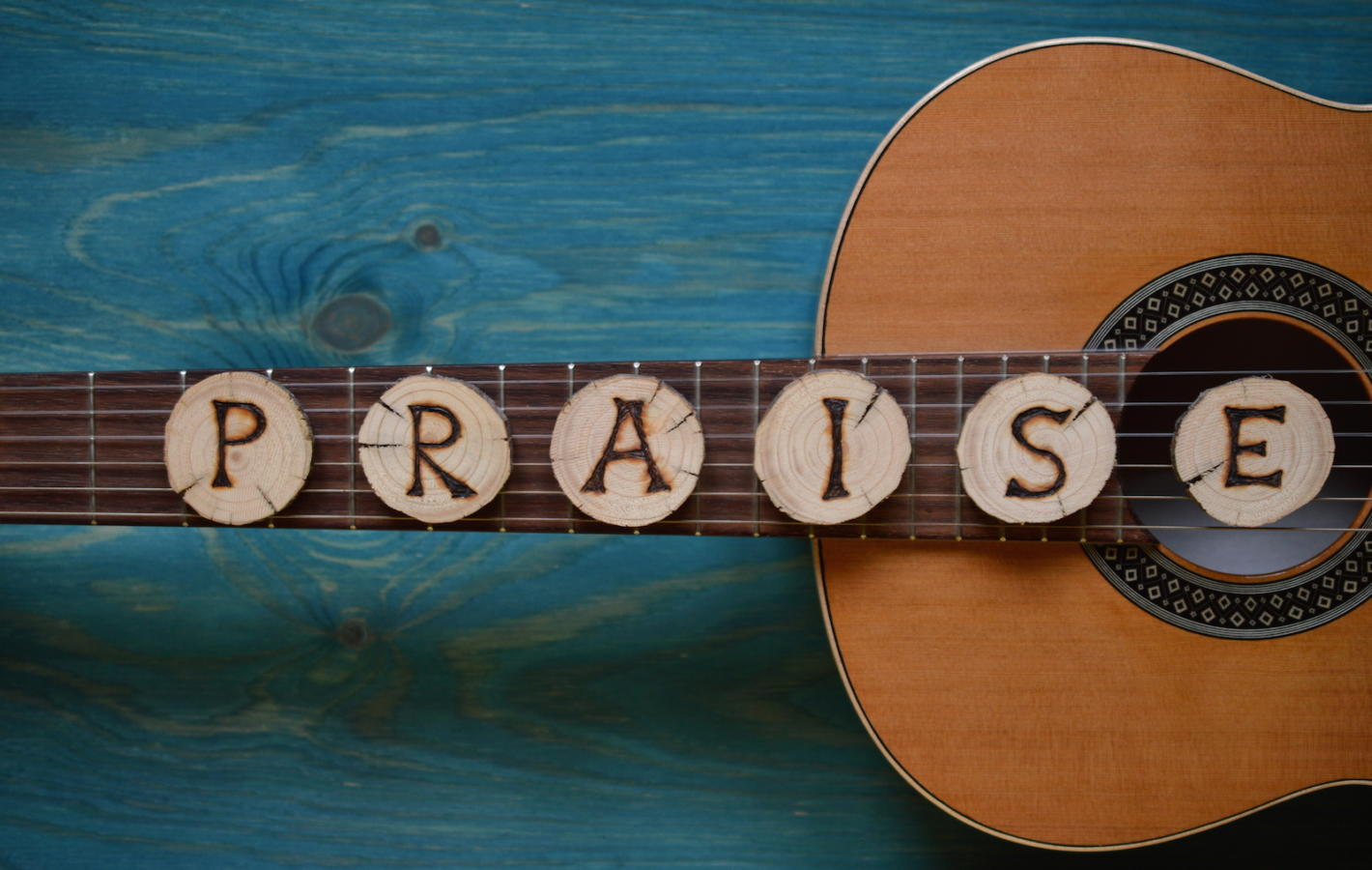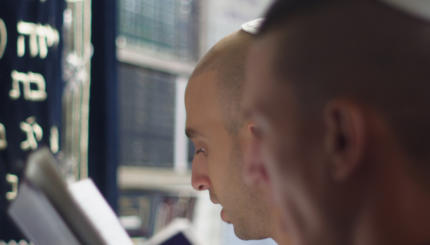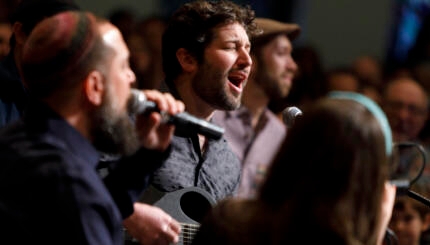Some people might immediately put down a book if it had 150 chapters. But that’s precisely how many are in the Book of Psalms and, for one reason or another, it has remained relevant to Jews — and adherents of many other faiths — for millennia.
Far more than any other biblical book, the Book of Psalms (Tehillim in Hebrew) has been imported into the liturgical texts that make up traditional Jewish prayer. One psalm, included in its entirety in the daily morning service, is the final chapter, Psalm 150. Serving as a kind of grand finale to a jam-packed book of poetry and praise, its text is worth examining closely.
Let’s begin by looking at its implicit thesis statement, made clear by the repetition of one word twelve times in only six verses. The word is hallelu and its centrality can’t be overstated.
Hallelu shares a root with Hallel, the prayer recited on many holidays, and was imported into English in the form of Hallelujah. It means “praise,” but in the context of this psalm, it is an imperative, utilized as an instruction for all Israel. The text is more than requesting or encouraging, it is imploring the people of Israel: “Praise God!”
With your help, My Jewish Learning can provide endless opportunities for learning, connection and discovery.
This in and of itself is fairly unsurprising. As the culmination of a book about God’s incredible attributes, and as a centralized text in daily worship, we would expect the idea of praise to manifest. What’s interesting is the manner of praise that the text proposes.
After 149 previous psalms, this final, peak text enjoins its readers to praise God through noisemaking.
Some might argue that noisemaking is a crude way to put it. This prayer calls for holy instrumental music — a symphony of horns, drums, lyres and more, all mobilized toward the sanctification of God.
Many people – Jewish and otherwise – will speak passionately about the ways in which they experience holiness through music. What we have here is a proof-text for how that modality of spirituality and meaning-making possesses an ancient precedent.
More than that, we have another implicit teaching. Judaism can, and should be, loud. While silence can be an important component of life, that which is raucous need not be understood as inherently disrespectful. While the chorus of sheket b’vakasha (“quiet please!”) may be a hallmark of Jewish summer camps, Psalm 150 tells us that we can and should connect to one another (and God) through cacophonies of sound.
The word psalm in English sounds a little bit like the word “solemn.” But this final psalm reminds us that prayer can and should transcend that which is stone-faced and serious. Prayer, in ancient times and today, can be joyous. It can be musical. And crucially, if Psalm 150 teaches us anything, it’s that prayer can loud and boisterous without being any less sacred.
Lex Rofeberg serves as strategic initiatives coordinator for The Institute for the Next Jewish Future and as co-host of its Judaism Unbound podcast. He lives in Providence, Rhode Island, and is studying towards rabbinic ordination through ALEPH: Alliance for Jewish Renewal.



